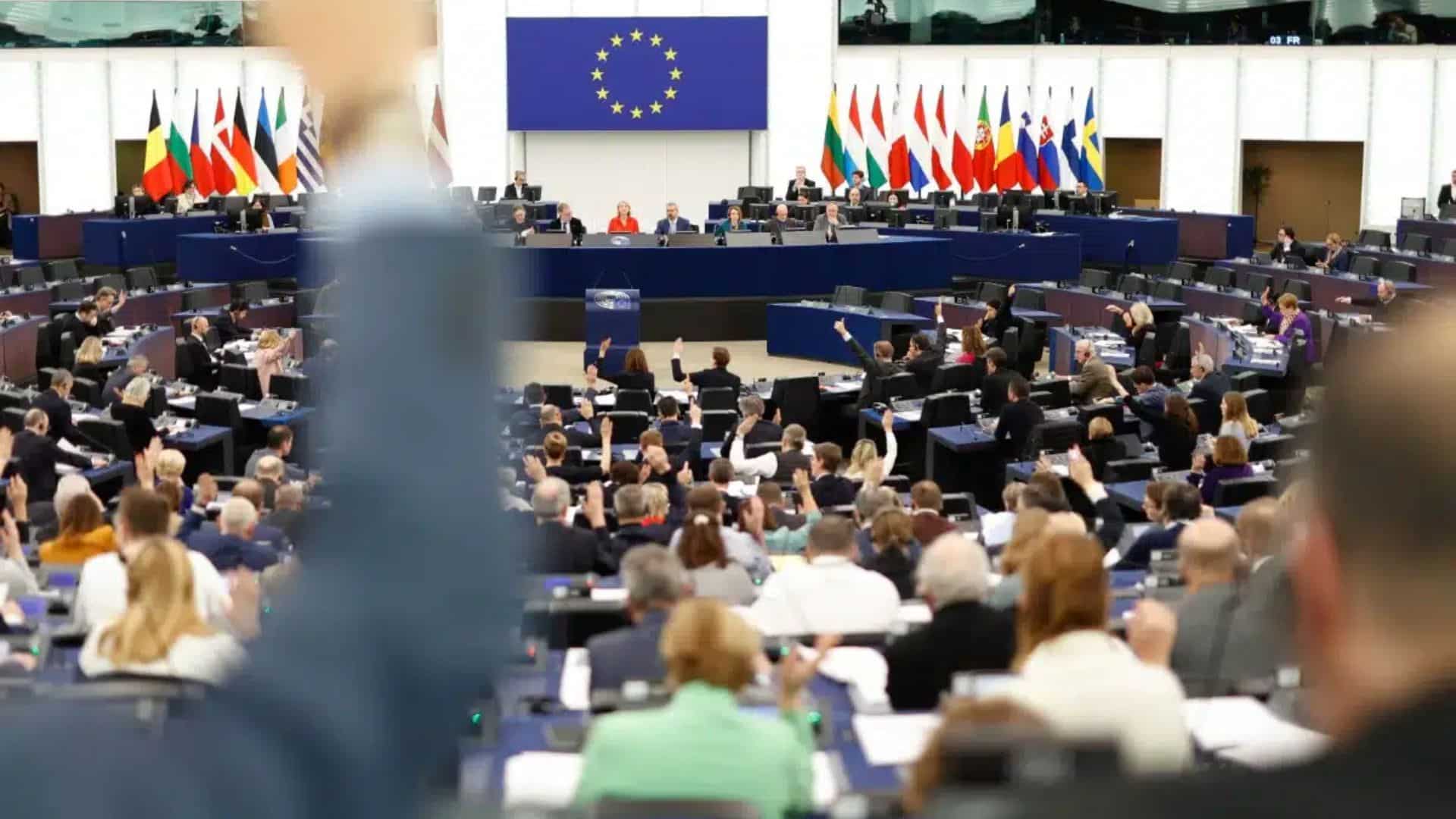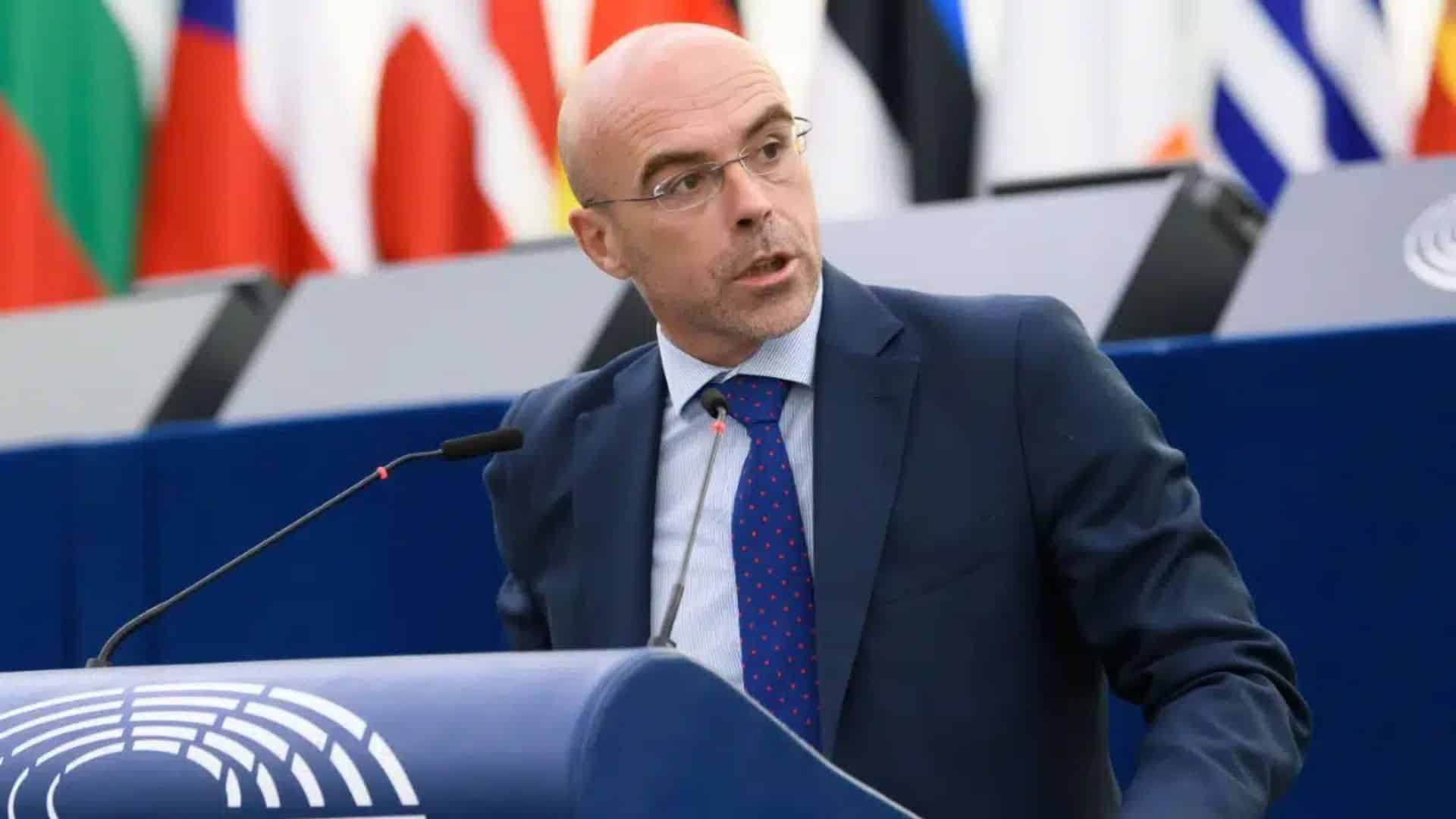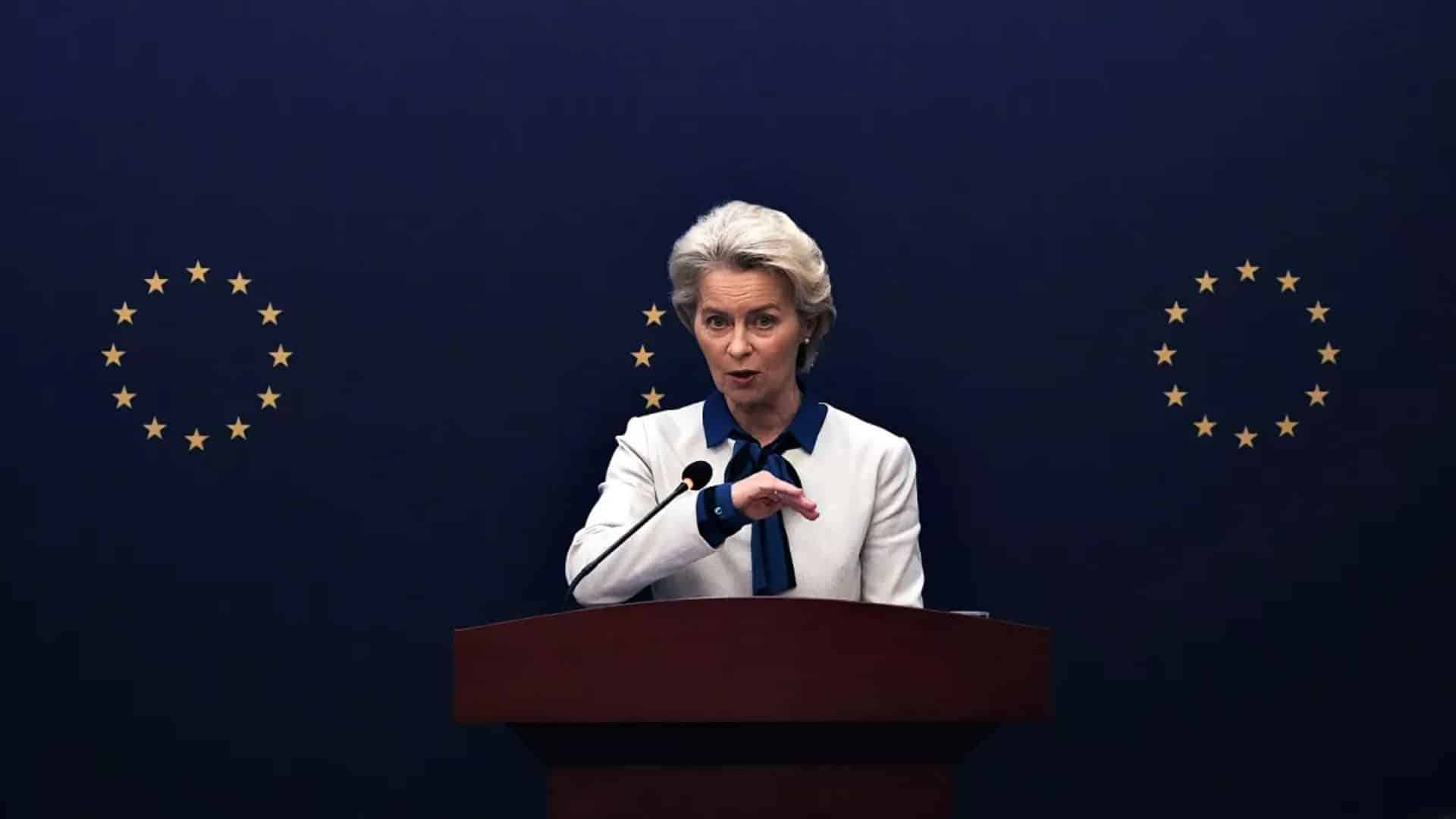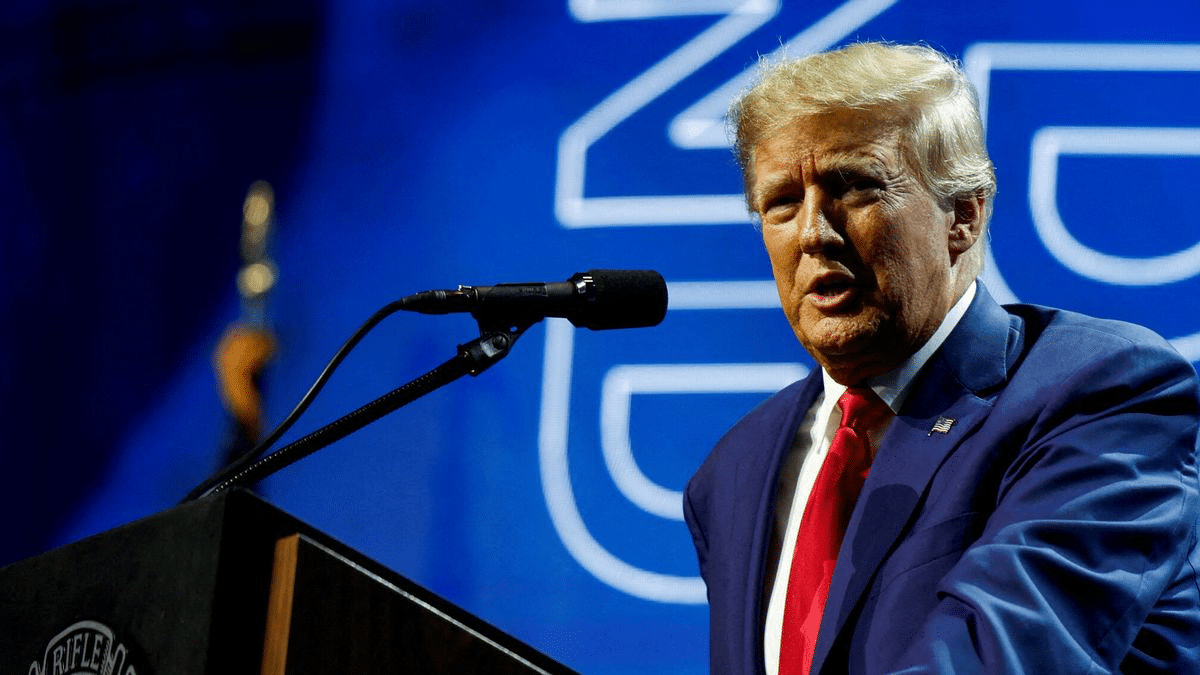
Biden and McCarthy urge Congress to vote on their pre-agreement on the US debt ceiling
Hours after announcing a pre-agreement to raise the US debt ceiling and avoid default, President Joe Biden and House Republican leader Kevin McCarthy on Sunday stepped up their efforts to win support from lawmakers.
In a brief message to reporters upon his arrival at the White House on Sunday, Biden said he is confident that the deal will reach his desk after approval by the House and Senate and that there are “no” sticking points.
I’m about to call McCarthy to make sure all the dots are on the i’s. I think we’re in good shape,” he said. I think we’re in good shape,” Biden said.
In recent hours, Republican and Democratic lawmakers involved in the negotiations have been drafting the bill, and it will be presented by McCarthy and Biden to Congressmen and Senators today, who will have until Wednesday to read it before a vote.
The Republican majority leader in the House of Representatives held a press conference on Sunday to defend the agreement in principle, despite criticism from some legislators from the more conservative wing of his party.
The pre-agreement on the debt ceiling in the US involves limiting the growth of public spending and new requirements for accessing public aid.
“This is a good, solid bill that a majority of Republicans will support,” McCarthy said. The agreement between the government and the opposition, he added, will be “transformative” by limiting the growth of public spending and introducing new requirements for accessing social benefits.
The agreement in principle announced on Saturday was quickly met with criticism from the most radical factions of the Republican Party, who see it as insufficient and consider that there are excessive concessions to the Democrats’ positions.
Republican congressmen such as Dan Bishop and Chip Roy and senators such as Rand Paul, among others, today harshly attacked McCarthy, asserting that the spending “cuts” he is talking about are not real and do nothing more than maintain the status quo.
“This deal is insane. A $4 trillion debt ceiling increase with virtually no cuts is not what we agreed to. I will not vote to ruin our country,” conservative Congressman Ralph Norman said via Twitter (NYSE:TWTR).
Without even having seen the text, figures such as the extremist Lauren Boebert, part of the MAGA Republicans (the party’s most radical lawmakers who follow former President Donald Trump) have already announced they will vote no. “Our voters deserve better than this, we work for them, so you can count on my no,” she said in a social media message.
McCarthy downplayed conservative criticisms
At his press conference, McCarthy played down conservative criticism and stressed that concessions were necessary for both sides to reach a deal and avoid a US default.
“It doesn’t achieve what everybody wanted, like a divided government,” said the Republican leader, who reiterated that message in several television interviews on Sunday.
In the Democratic Party there is also a division of opinion. The leader of the Democrats in the House of Representatives, Hakeem Jeffries, told CBS that he expects his party’s legislators to support the agreement, although he did not want to venture figures pending the final text.
The most progressive wing of the Democratic Party has so far refused to back Republican demands that, according to what is known, are included in the pact, such as new work requirements when it comes to accessing some social benefits.
One of the most critical has been Washington representative Pramila Jayapal, chairwoman of the Congressional Progressive Caucus, who said on CNN on Sunday that White House negotiators and Democratic debt leaders in the US should be concerned about progressive support for the deal.
US debt ceiling to be raised for next two years
If approved, the compromise reached will raise the US debt ceiling for the next two years, i.e. until after the next presidential election, and avert the risk of default during that period.
The debt limit is the total amount of money the US government is allowed to borrow to meet its existing legal obligations to pay Social Security and Medicare benefits, military salaries, interest on the national debt, tax refunds and other payments.
From time to time, the United States is on the verge of defaulting on the national debt because, unlike other countries, the government can only issue debt up to the limit set by Congress, which has the power to raise that ceiling as it sees fit.
On 19 January the country reached its legal debt limit of 31.4 trillion dollars, which led the Treasury Department to resort to extraordinary measures to pay the bills.











